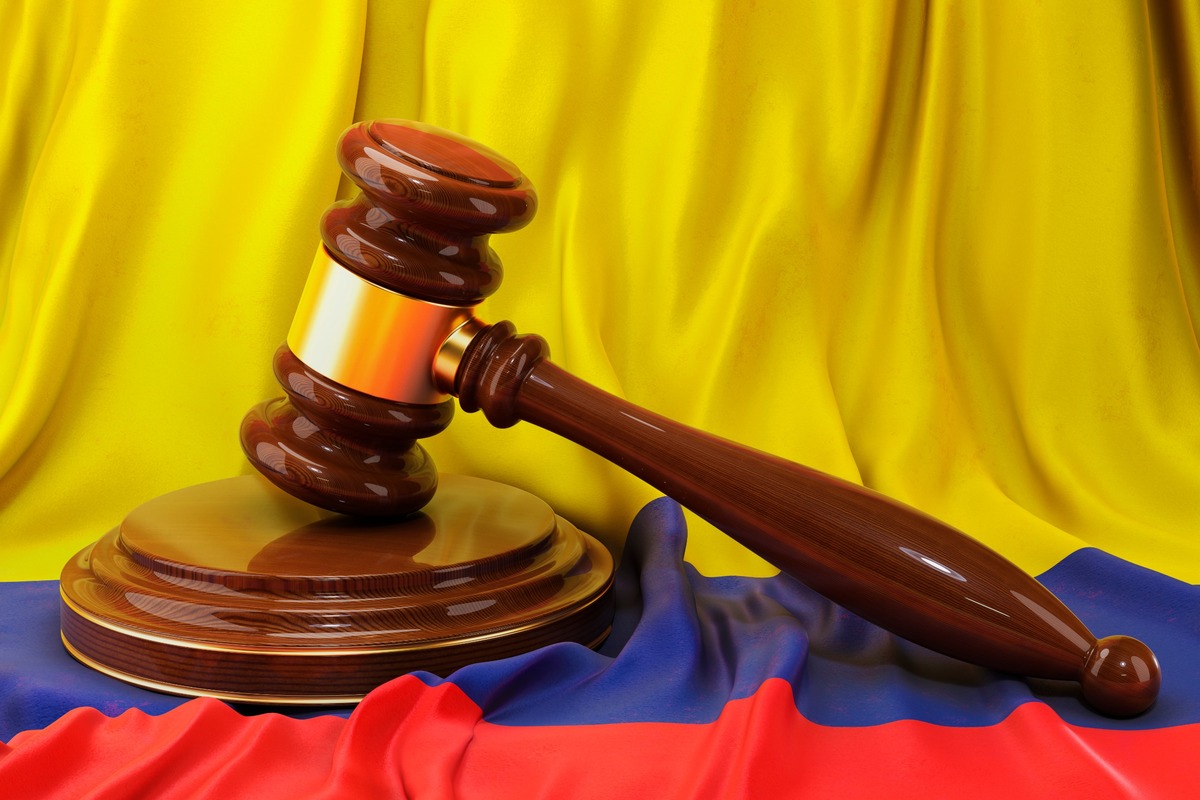Surrogacy has become a very popular option for parents that are facing fertility challenges. However, surrogacy laws vary significantly from one country to another, which raises questions about its legality and regulation. Let’s explore the status of surrogacy in Colombia, including its legality, regulations, and the involvement of international surrogacy agencies.
Is Surrogacy Legal in Colombia?
Yes. Surrogacy is legal in Colombia. The country has made significant strides in regulating surrogacy arrangements while also ensuring the rights and protections of everyone involved. The legal framework surrounding surrogacy in Colombia is governed by Law 14 of 1983 and subsequent regulations.
Did you know the World Health Organization actually ranks the Colombian healthcare system number 22 out of the almost 200 countries on their list? That means that the healthcare in Colombia is actually better than in the United States and Canada.
Assisted reproduction in Colombia is protected by the Colombian constitution and continues to be upheld by the Constitutional Court.
Key Points Regarding Surrogacy in Colombia
In addition to Law 14 of 1983, which outlines the legal framework for adoption, filiation, and assisted reproductive technologies in Colombia, Resolution 780 of 2016 by the Ministry of Health and Social Protection also provides specific guidelines for assisted reproduction procedures, including surrogacy arrangements.
The Requirements
To engage in surrogacy in Colombia, certain requirements must be met by the intended parents, the surrogate, and any other intermediary parties involved. These requirements may include age restrictions, medical evaluations, psychological assessments, and legal agreements.
The Types of Surrogacy
Both traditional and gestational surrogacy arrangements are permitted in Colombia. In traditional surrogacy, the surrogate provides both the egg and carries the pregnancy, while in gestational surrogacy, the surrogate carries an embryo created through in vitro fertilization (IVF) using the intended parents’ or donors’ genetic material.
Parental Rights
Colombian law recognizes the intended parents as the only legal parents/guardians of the child that is born through surrogacy. Legal agreements are normally created in order to transfer parental rights from the surrogate mother over to the intended parents, ensuring clarity and security for all parties involved.
Compensation and Expenses
While surrogates in Colombia are allowed to receive compensation for their services, commercial surrogacy is prohibited. Compensation is typically provided to cover the surrogate’s lost work wages, incurred medical expenses, and other related costs.
However, surrogacy should not be undertaken for financial gain, and any compensation should be reasonable and in accordance with legal regulations.
Ethical Considerations
Surrogacy arrangements in Colombia must adhere to ethical standards, ensuring the well-being and rights of all individuals involved, including the surrogate, intended parents, and the child. Ethical guidelines emphasize informed consent, confidentiality, and respect for autonomy and dignity.
The Involvement of International Surrogacy Agencies
While surrogacy is legal in Colombia, many intended parents choose to work with international surrogacy agencies to help facilitate the process. International surrogacy agencies offer various services, including matching intended parents with suitable surrogates, legal assistance, medical coordination, and logistical support.
Key Considerations When Working With International Surrogacy Agencies
International surrogacy agencies typically have a team of legal experts well-versed in Colombian surrogacy laws and regulations. They can help navigate the legal complexities of surrogacy agreements, parental rights, and any potential challenges that may arise during the process.
Surrogate Screening
These agencies also conduct thorough screening processes to ensure the suitability of potential surrogates. This can include medical evaluations, psychological assessments, and even background checks to verify the eligibility and suitability for surrogacy.
Surrogates are screened to ensure they are physically, emotionally, and psychologically capable of carrying a pregnancy to full term while also providing a safe environment for the development of the fetus.
While surrogacy laws and regulations in Colombuia may vary, the screening process typically follows standard protocols established by fertility clinics and surrogacy agencies.
Medical Coordination
Coordinating medical procedures, like IVF, embryo transfer, and prenatal care, often requires collaboration between intended parents, surrogates, and medical professionals. International surrogacy agencies facilitate this coordination, ensuring that all parties are involved and informed throughout the entire process.
Cultural and Language Support
Intended parents engaging in surrogacy in Colombia may encounter cultural and language barriers. International surrogacy agencies provide cultural and language support. This helps bridge any communication gaps there may be and facilitates understanding between parties.
Logistical Support
Surrogacy arrangements also involve different logistical considerations, including travel arrangements, accommodations, and administrative tasks. International surrogacy agencies offer logistical support to streamline the process and alleviate the burden on intended parents, making the process much smoother for everyone.
Surrogacy in Colombia offers a legal and regulated option for those seeking to build their families through assisted reproduction. With clear legal frameworks, ethical guidelines, and the involvement of international surrogacy agencies, the process can be navigated smoothly, ensuring the rights and well-being of all parties involved.
Understanding the legal landscape and considerations associated with surrogacy in Colombia is essential for prospective intended parents embarking on this journey.


